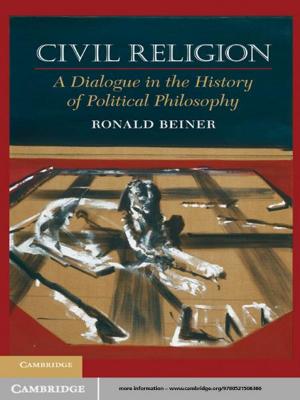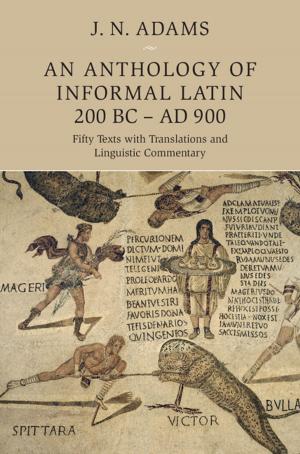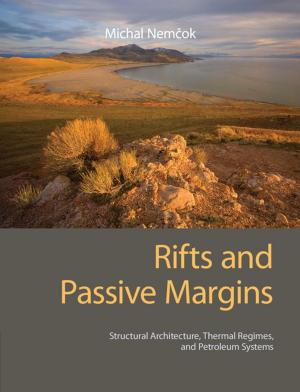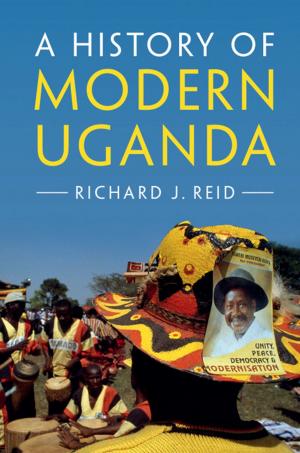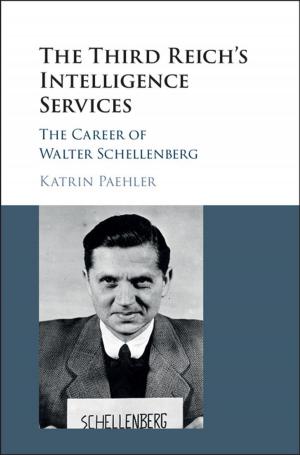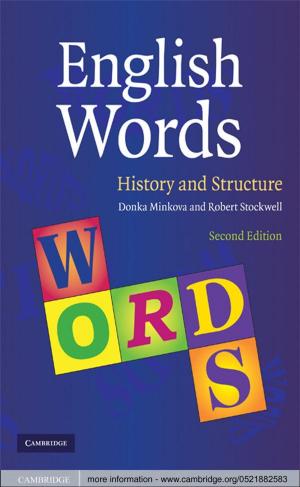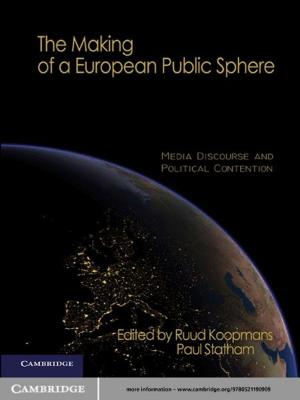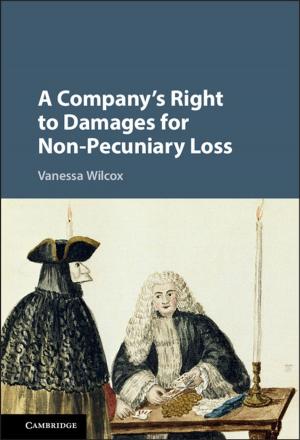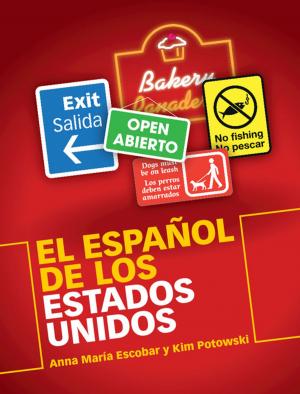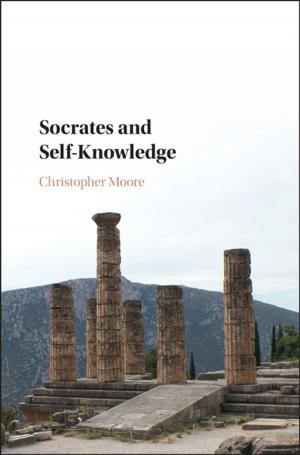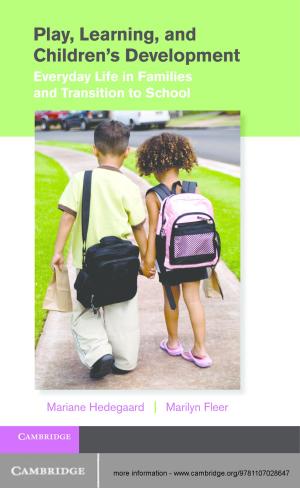The Missing American Jury
Restoring the Fundamental Constitutional Role of the Criminal, Civil, and Grand Juries
Nonfiction, Reference & Language, Law, Constitutional, Social & Cultural Studies, Political Science| Author: | Suja A. Thomas | ISBN: | 9781316666081 |
| Publisher: | Cambridge University Press | Publication: | June 16, 2016 |
| Imprint: | Cambridge University Press | Language: | English |
| Author: | Suja A. Thomas |
| ISBN: | 9781316666081 |
| Publisher: | Cambridge University Press |
| Publication: | June 16, 2016 |
| Imprint: | Cambridge University Press |
| Language: | English |
Criminal, civil, and grand juries have disappeared from the American legal system. Over time, despite their significant presence in the Constitution, juries have been robbed of their power by the federal government and the states. For example, leveraging harsher criminal penalties, executive officials have forced criminal defendants into plea bargains, eliminating juries. Capping money awards, legislatures have stripped juries of their power to fix damages. Ordering summary judgment, judges dispose of civil cases without sending them to a jury. This is not what the founders intended. Examining the Constitution's text and historical sources, the book explores how the jury's authority has been taken and how it can be restored to its rightful, co-equal position as a 'branch' of government. Discussing the value of juries beyond the Constitution's requirements, the book also discusses the significance of juries world-wide and argues jury decision-making should be preferred over determinations by other governmental bodies.
Criminal, civil, and grand juries have disappeared from the American legal system. Over time, despite their significant presence in the Constitution, juries have been robbed of their power by the federal government and the states. For example, leveraging harsher criminal penalties, executive officials have forced criminal defendants into plea bargains, eliminating juries. Capping money awards, legislatures have stripped juries of their power to fix damages. Ordering summary judgment, judges dispose of civil cases without sending them to a jury. This is not what the founders intended. Examining the Constitution's text and historical sources, the book explores how the jury's authority has been taken and how it can be restored to its rightful, co-equal position as a 'branch' of government. Discussing the value of juries beyond the Constitution's requirements, the book also discusses the significance of juries world-wide and argues jury decision-making should be preferred over determinations by other governmental bodies.



